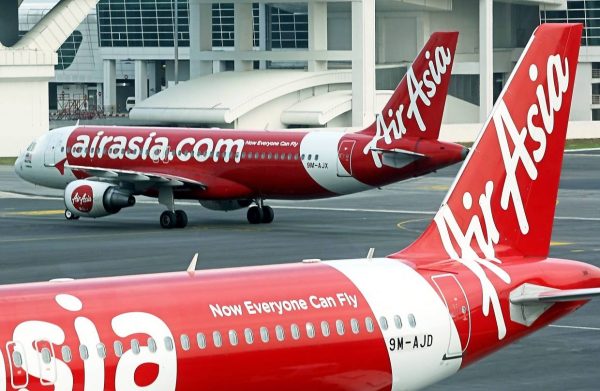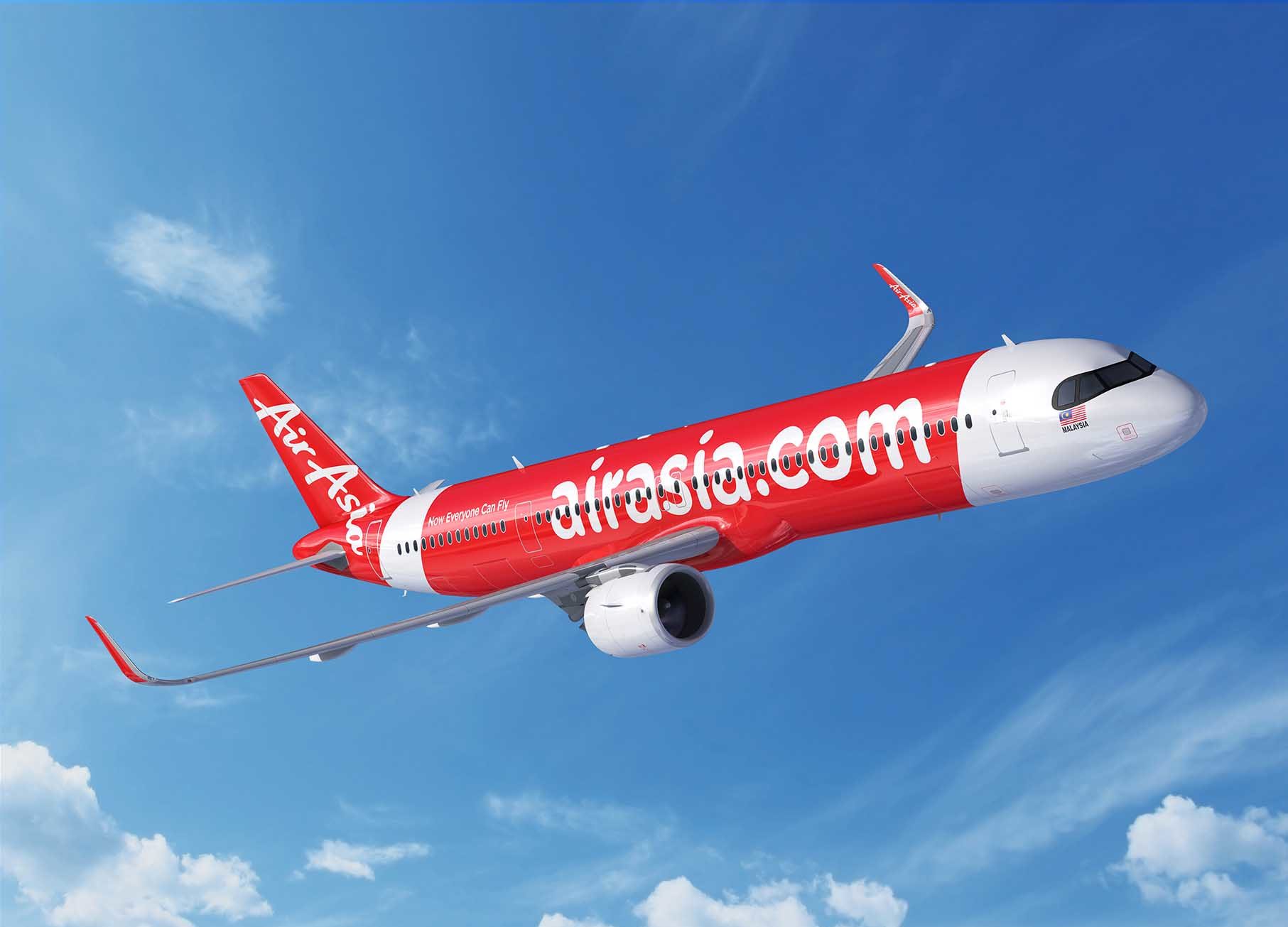SEPANG, Malaysia, 10 July 2020: AirAsia Group issued a clarification Thursday concerning external auditors, Messrs Ernst & Young’s unqualified audit opinion on an “emphasis of matter” on material uncertainty that appeared in the company’s latest audited financial statement year ending 31 December 2019.
The airline advised that the auditors’ report in the financial statement year-ending 31 December 2019 should be read in full. It can be found in the annual audited accounts available on the company’s investor relations website.

The unqualified audit opinion included “emphasis of matter” highlights that there were “significant uncertainties in respect of the company’s ability to continue as a going concern as a result of the unprecedented Covid-19 pandemic.”
It added it read: “Nevertheless, it is important to note that the financial statements are prepared on a going concern basis, and the board of directors is confident of the successful continuation of the business, in conjunction with the actions undertaken by the governments of the operating entities, the outcome of ongoing discussions with financial institutions and investors to obtain required funding and implementation of management’s action plans, in response to the conditions above.”
2020 challenges
Commenting on the first-half performance in 2020, AirAsia Group Berhad CEO, Tan Sri Tony Fernandes said: “It has been extremely challenging. However, in recent weeks, countries around the world have resumed domestic travel, and they are gradually reopening international borders in recognition that air transport provides the connectivity that is essential for the resumption of economic activities. The formation and discussion of “travel bubbles” and “green lanes” with key economic partners with a low infection rate and proven pandemic curbing systems, is a step in the right direction.
Recovery plans
“As domestic travel is now allowed in Malaysia, Thailand, Indonesia, India and the Philippines, we have been resuming our flights on a staggered yet steady basis since late May. AirAsia has aggressively launched large-scale promotions and sales campaigns. I am encouraged by the higher-than-anticipated sales this has generated.
“On 7 July, we registered our highest post-hibernation sale with 75,000 seats sold in a single day, reflecting pent-up demand and signalling green shoots of recovery. We also sold over 200,000 AirAsia Unlimited Passes since its recent launch for domestic Malaysia, domestic Thailand and AirAsia X.
“Positive trends in our flight bookings and load factors are additional signals of a better second half of the year. In June, our group-wide load factor was 60% with AirAsia Malaysia’s load factor reaching 65%. For July, we expect to achieve a higher load factor of 70% despite tripling our capacity month-on-month to cater to the increased demand.”
Future funding
“We have received indications from certain financial institutions to support our request for funding, amounting to more than MYR1 billion. Of this debt funding, a certain portion would be eligible for the government guarantee loan under the Danajamin PRIHATIN Guarantee Scheme in Malaysia. Other than Malaysia, our Philippine and Indonesia entities are currently in various stages of bank loan applications. In the Philippines, we have applied for the government-guaranteed loan under the Philippine Economic Stimulus Act (PESA), with an expected positive outcome.”
Working capital
“During the hibernation period, we have taken significant measures internally as a group while also reaching out externally for assistance to ensure our working capital remains intact.
“Internally, we have embarked on headcount rationalisation for leaner operations, given the current demand for air travel and expectations on recovery. Internal cost-cutting efforts include a group-wide temporary salary reduction of between 15% – 75%.
“We have received deferrals from our supportive lessors and are now working on further extensions. We have also restructured 70% of our fuel hedging contracts and are continuously negotiating with our supportive counterparties for the remaining exposure.
“All in all, we expect at least a 50% reduction in our cash expenses in 2020.”







